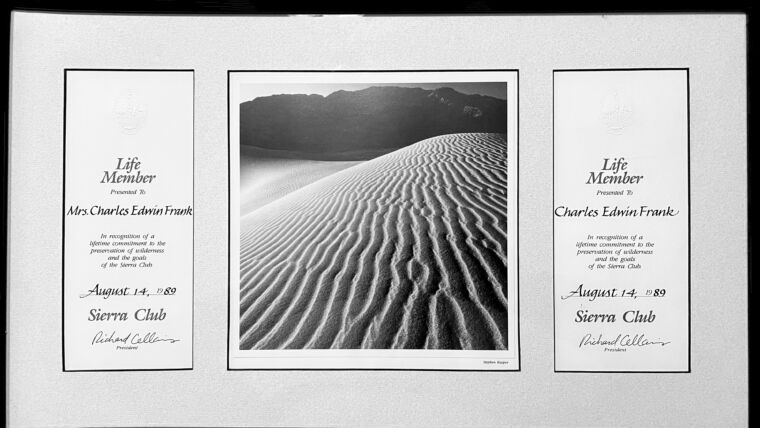The following headlines and articles are becoming more and more frequent as the consequences of a warming climate are becoming increasingly evident and consequential. It’s one thing to say, “get used to these headlines”. It’s an altogether different thing to get used to what is and going to happen. The frequency of the headlines is only a small sampling of what we are all experiencing and will continue to experience to a continually greater degree (pun intended).
Below are two headlines, highlights from the articles and then the articles themselves.
Cold State is Warming Fast, Scientists Warn
World’s Permafrost Gets Warmer, with Siberia Rising the Most
“Minnesota’s winters are warming at a rate 13 times faster than its summers, and Minneapolis and Mankato are among the fastest-warming cities”
“Farmers are particularly threatened by Minnesota’s extreme sensitivity to climate change.”“thawing permafrost — already recorded at five of the sites — contains organic matter that can release greenhouse gases, further stoking climate change”
“farmers will see yields decline with higher temperatures in the long run, Reich said. Farmers will also have to fend off an increase in insects and pests that were previously unable to survive the state’s cold winters.”
“They noted that thawing permafrost — already recorded at five of the sites — contains organic matter that can release greenhouse gases, further stoking climate change”
Cold State is Warming Fast, Scientists Warn
Thursday, January 17, 2019
With its famously bitter winters growing milder, Minnesota is one of the fastest-warming states in the country, according to scientists.
Minnesota’s winters are warming at a rate 13 times faster than its summers, and Minneapolis and Mankato are among the fastest-warming cities, University of Minnesota professor Tracy Twine told state lawmakers Tuesday. The meeting is part of the newly named state House Energy and Climate Finance and Policy Division’s efforts to spotlight how climate change is affecting the state, the Star Tribune reported.
The committee hopes the hearings signal that Minnesota lawmakers must move much faster on climate change than before, said Rep. Jean Wagenius, the committee’s chairwoman and part of the Democratic-Farmer-Labor Party.
Twine and Peter Reich, also a University of Minnesota professor, told lawmakers it’s unclear how exactly the dramatic loss of cold extremes will play out across the state, but that they expect more freeze-thaw cycles each winter.
Higher temperatures in Minnesota will lead to more precipitation, yet the state will experience drier conditions in the late summer, Reich said. Average rainfall in August could drop by up to 60 percent in certain parts of the state by the end of the century, Twine added.
Farmers are particularly threatened by Minnesota’s extreme sensitivity to climate change.
The state may have higher crop yields in the short term, but farmers will see yields decline with higher temperatures in the long run, Reich said. Farmers will also have to fend off an increase in insects and pests that were previously unable to survive the state’s cold winters.
Rep. Laurie Halverson (DFL) said, “The sense of urgency is pretty stark for our state.” — Associated Press
World’s Permafrost Gets Warmer, with Siberia Rising the Most
Thursday, January 17, 2019
Researchers working on the Global Terrestrial Network for Permafrost collected usable data for the entire period from 123 boreholes in the Arctic, the Antarctic and high mountain ranges of Europe and Central Asia.
The temperature rose at 71 sites, sank at 12 and remained unchanged at 40.



